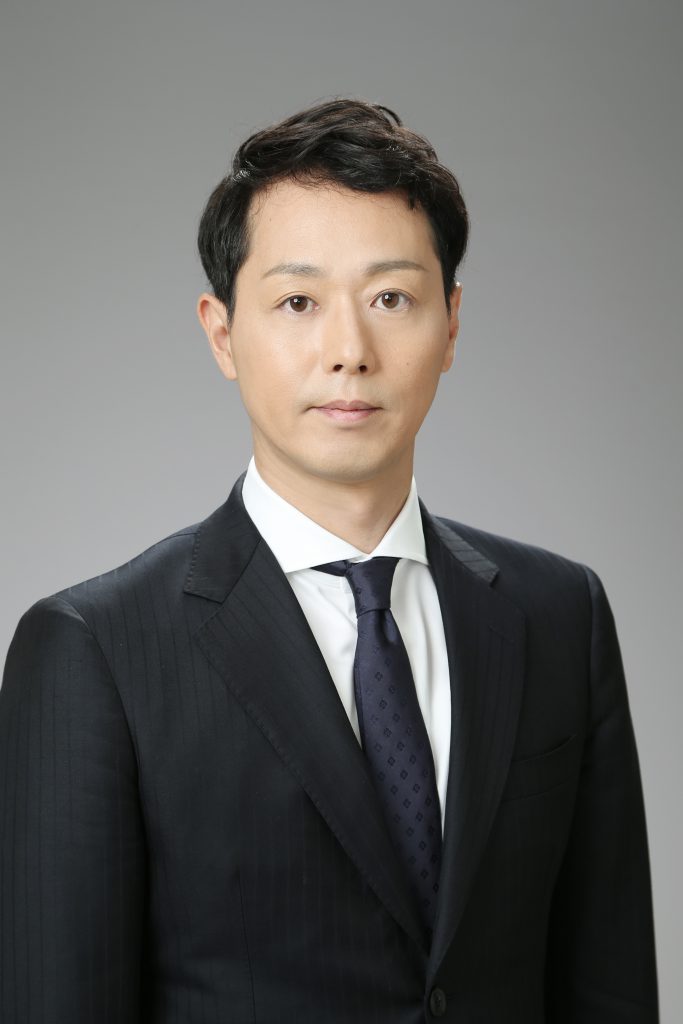『フォートナイトの乱』 ・・・ プラットフォームモデルの曲がり角
8月14日、人気ゲーム『フォートナイト』が、ガイドライン違反を理由にApp StoreとGoogle Playから削除されました。
開発元であるEpic Gamesが独自の支払い方法である、「Epic ディレクトペイメント」を開始したことがその原因です。モバイルゲーム等のアプリはAppleやGoogleのストアを通じて提供されており、ゲーム内通貨やアイテムといった課金もこのストアで決済されます。こうした各種の取引すべてに、”Apple税”あるいは”プラットフォーム税”と呼ばれる手数料が徴収されており、その比率は一般的に30%といわれています。Epic Gamesは従前より30%は多すぎる!と主張しており、「Epic ディレクトペイメント」を利用すれば最大20%OFFで同じサービスを提供するとしています。AppleやGoogleといったプラットフォーム側からすればこれは看過できないと思いますが、アプリを削除されたEpic Gamesは、すぐに独占禁止法違反でApple等を提訴していて、どうやらかなり周到に準備をした上での行動のようです。
過去のApple CMのパロディ動画で主張を展開するフォートナイト公式 YouTube動画
プラットフォーム税率30%って高くない?
この”プラットフォーム税”の設定は妥当なのか、というのは、ここだけ切り取ると「3割はいかにも高いね」と思ってしまいます。しかし、AppleやGoogleがこうした開発環境や決済システム、ストアを通じた宣伝、プライバシー管理等々(つまり、プラットフォーム)をオープンに提供したことによって、事業者はアプリの開発そのものに集中できたわけですし、容易にユーザーに届けることができたわけでもあります。当然プラットフォームそのものにも多額の開発費用がかかったはずですし、それを維持するのも大変です。それでも、これだけ大ヒットを飛ばしてなおかつずっと30%って、それは「ないわー」というのがEpic Gamesの見解なのだと思います。この分野に明るくありませんので、「じゃいくらなら妥当なの?」に答えることはできませんが、例えば特許のロイヤリティだとか、クレジットカードの手数料なんかを想像するに、やっぱり30%は「いかにも高い」と思ってしまいます・・・どなたか詳しい方、教えてくれませんか?
医療AIだってプラットフォーム!
さて、前置きが長くなってしまいましたが、医療画像 x AIです。せっかく有能なAIがあるのであれば使うときにややこしいのはよくありません。ユーザーからすれば、1つのプラットフォーム上でいろいろ便利に使えてナンボ、ということになると思います。
いま見聞きするAIの開発は、たとえば”脳卒中を検出する”だとか、”胃がんを検出する”といった単位で機能開発が行われています。ですが、実際の臨床ではそれだけをみていることはむしろ少なく、医師はもっとさまざまなことを判断しているものです。つまり何か特定のことに特化したAIがスタンドアローンで存在していても、実際に使うとなると、そこだけじゃけっこう困るんだよね…となってしまうケースが多そうです。とはいっても、1つの企業やチームが一連のAI機能をすべてを開発する、というのはあまり現実的ではありません。そこで、プラットフォーム上で同時に複数のアプリを利用できることが大事になってくるのではないかと思います。個別のAIアプリよりもプラットフォームでシェアを取った方がビジネスとしては魅力的かもしれません。
GEのAI活用プラットフォームEdison Platformはまさにこうしたコンセプトのものです。Siemens Healthcareはクラウドサービスteamplayの中にAI-Rad Companion等を組み込んでいますし、PhilipsはHealthSuite Insightsの提供を開始しています。グローバル大手は医療システムの中に組み込んで、インテグレートして全部持っていきたいのだな、という意欲が伺いしれます。日本勢も富士フイルムのSYNAPSE SAI viewerや、キヤノンITSメディカルのMedical Image Place等が名乗りを上げていますが、電子カルテのプレイヤーはこの辺りにはあまり興味がないのかもしれません…
画像診断の分野は、日本の機器メーカーがグローバルでリードするポジションにいる分野です。臨床においても日本は質の高い画像の蓄積がありますし、読影する医師の方のスキルも高いレベルにあると思います。なので、AIの技術開発もさることながら、画像のところだけでも日本のプレイヤーにプラットフォームでも頑張って頂きたいな、と個人的には思います。
メディカル分野でも急速に適用が進むAI技術ですが、これが医療情報の世界にどう溶け込んでいくのか?という観点でもヘルスケア分野のコンサルティングではしばらく注目のトピックとなりそうです。
文責:伊藤 愛

伊藤 愛(株式会社CDIメディカル コンサルタント)
大阪大学大学院薬学研究科修士課程修了(薬剤師)。京都大学大学院医学研究科修士課程修了。
商社、独立系ベンチャーキャピタル、ヘルスケア・バイオベンチャー企業、経営コンサルティングファーム等を経て現職。ライフサイエンス・ヘルスケア分野を中心に、中期経営戦略等、新規事業戦略、海外展開、オープン・イノベーション戦略等、戦略立案から実行支援を含むコンサルティングを実施。